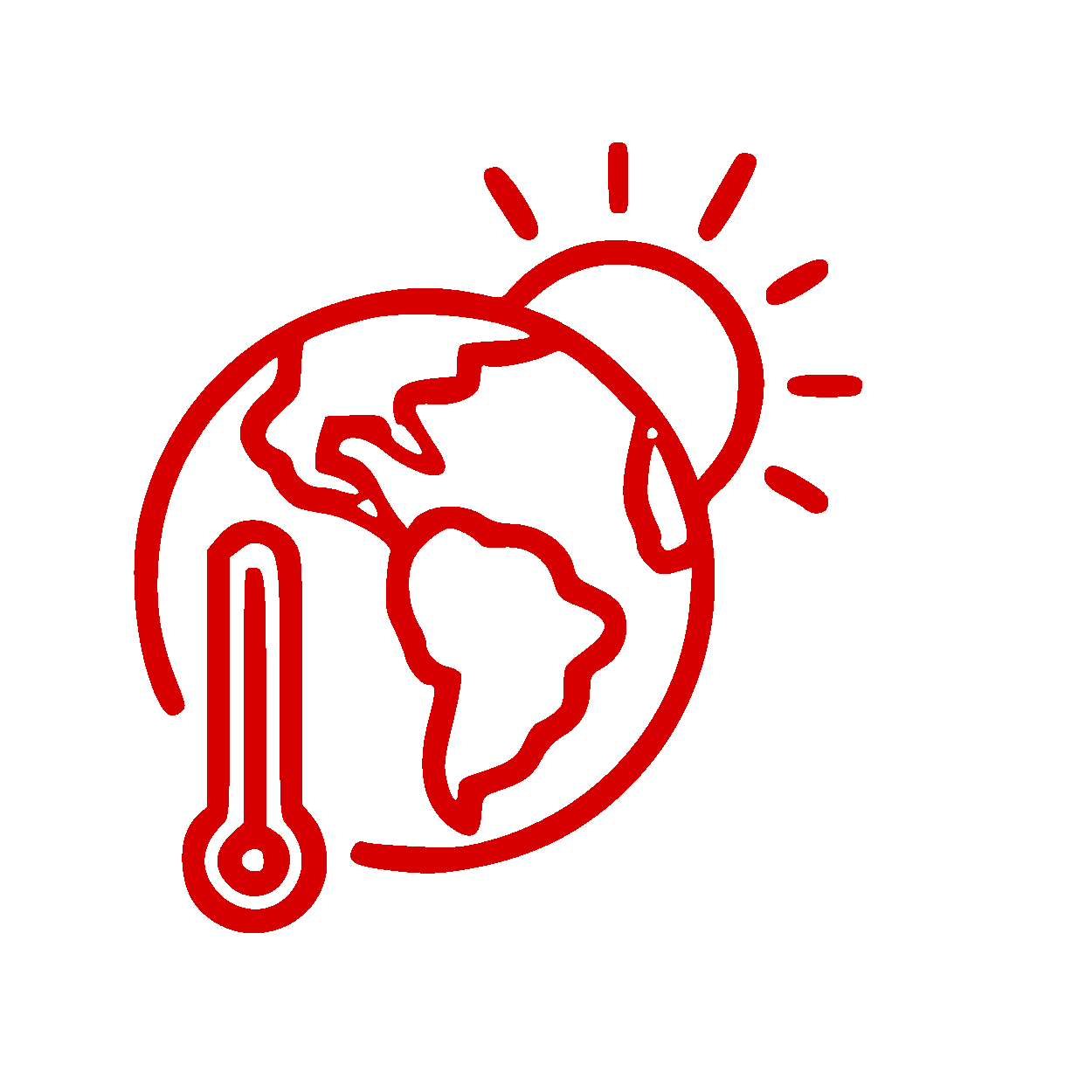NURTURE POSTERITY INTERNATIONAL leverages digital systems and technology-enabled food value chains to deliver safe, fortified school meals that improve children’s nutrition, learning outcomes, and long-term well-being while strengthening sustainable food systems across Africa.
To ensure every Ugandan child receives safe, nutritious, and affordable fortified meals, while empowering smallholder farmers through climate-smart, tech-enabled systems.
A school feeding ecosystem where nutrition, dignity, and opportunity reach every classroom.








Get involved with our work and let us get together to impact the lives of people living in poverty.
Adding {{itemName}} to cart
Added {{itemName}} to cart